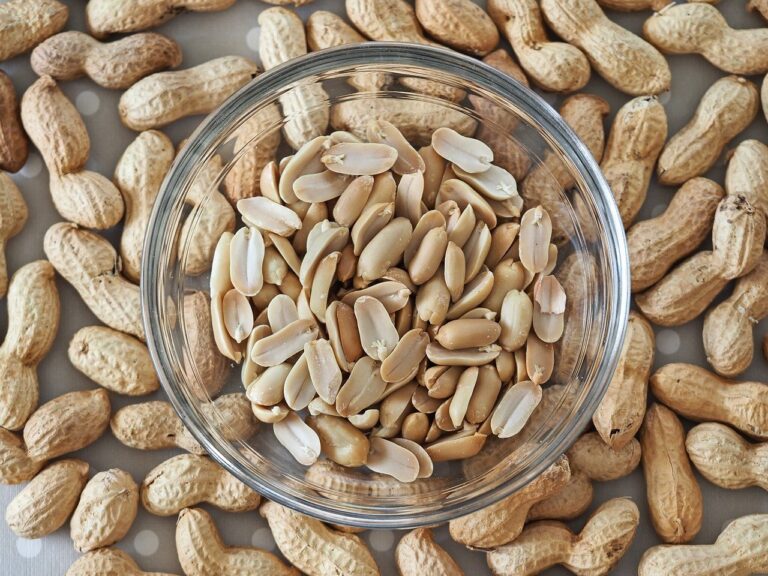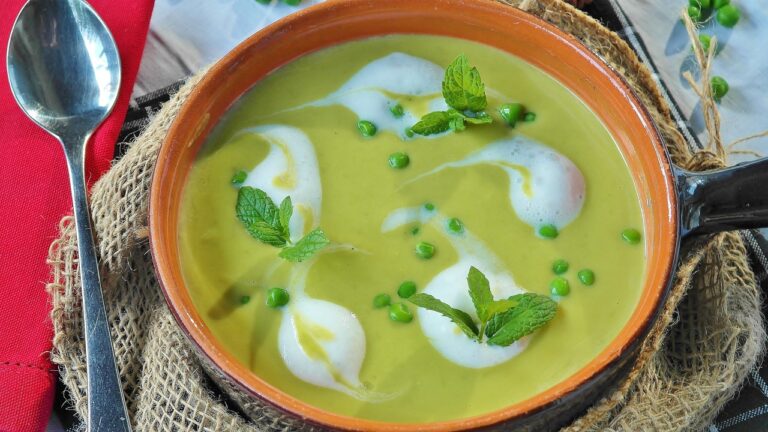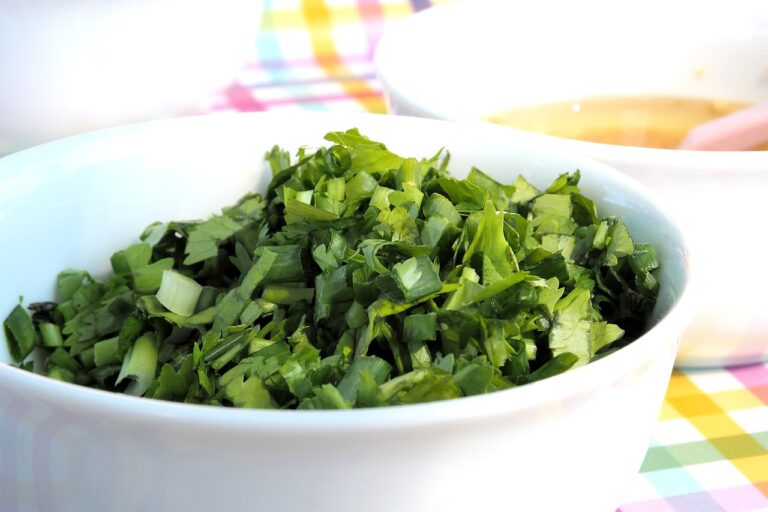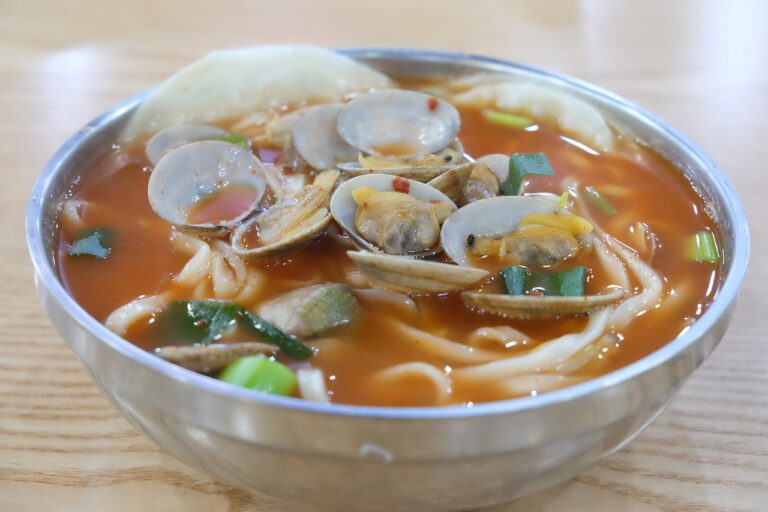Craving Crackers: Understanding the Nutritional Deficiencies and Emotional Triggers
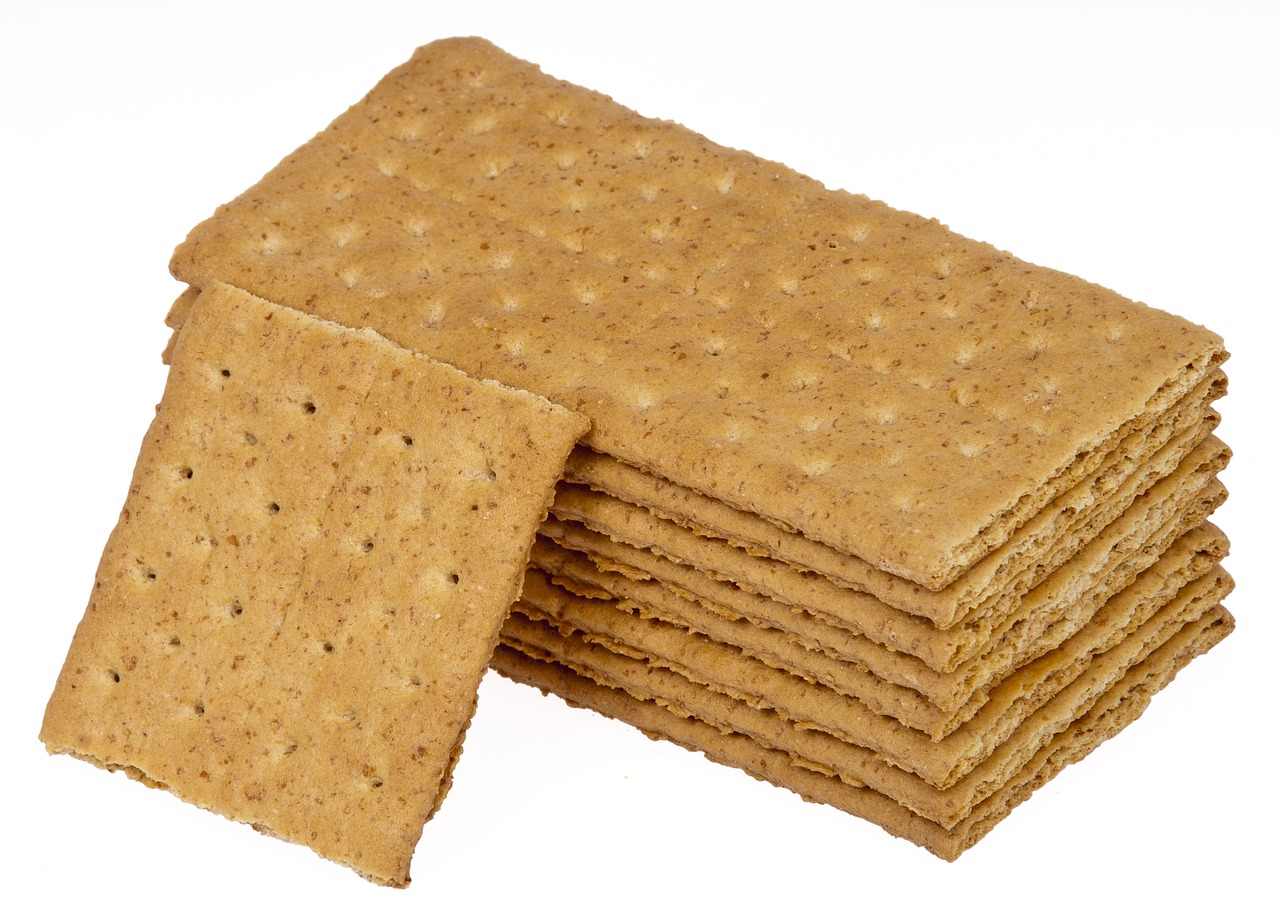
Craving crackers is a common phenomenon experienced by many. These crunchy delights are not just a snack; for some, they are a craving that’s hard to ignore. This article delves deep into the reasons behind cracker cravings and explores the various facets of this seemingly simple desire. From physiological to psychological factors, we uncover why crackers become the object of our cravings and what it says about our health and habits.
Why Am I Craving Crackers?
1. Salt Desire
Salt is a major component of crackers, and our bodies naturally crave sodium because it’s essential for nerve function and fluid balance. However, the craving for salty snacks like crackers can also indicate a higher-than-necessary salt desire, which the body has become accustomed to over time.
Eating crackers satisfies this salt craving, providing a quick fix to the body’s demand for sodium. Unfortunately, this can lead to a cycle of craving and consumption that not only satisfies our immediate desire but also reinforces our preference for salty foods. Over time, this can impact our health negatively, leading to increased blood pressure and a higher risk of cardiovascular diseases.
2. The Pleasure Principle
Crackers are designed to be delicious, with their crispy texture and often savory flavor hitting all the right notes in our brain’s reward system. When we eat crackers, our body releases dopamine, a neurotransmitter associated with feelings of pleasure and satisfaction. This release can make us crave crackers even more as we seek to replicate that rewarding experience.
Moreover, the act of eating crunchy foods like crackers can be inherently satisfying, providing a sensory experience that goes beyond taste. The sound, the tactile sensation of breaking them, and even the act of chewing can be pleasurable, encouraging us to reach for them whenever we’re looking for a comforting or rewarding snack.
3. Convenience and Availability
In today’s fast-paced world, convenience plays a significant role in our dietary choices. Crackers are incredibly convenient—they’re portable, require no preparation, and have a long shelf life, making them an easy go-to snack.
The widespread availability of crackers in various flavors and types also contributes to their crave-worthy status. With options ranging from whole grain to cheese-flavored, there’s a cracker out there to satisfy any craving. This convenience and variety can make it difficult to resist the temptation, especially when we’re looking for a quick and satisfying snack.
4. Emotional Eating
Crackers can also be a comfort food for many, serving as a quick escape from stress or emotional discomfort. Emotional eating is a common response to feelings of sadness, boredom, or stress, where food serves as a source of temporary relief or comfort.
The habit of reaching for crackers during emotional lows can be attributed to their association with comfort and ease. As a familiar and accessible snack, crackers can offer a momentary distraction or solace, leading to frequent cravings during times of emotional distress.
5. Habit and Routine
For some, craving crackers is a matter of habit or routine. Perhaps crackers are a regular part of your diet, consumed with meals as a side or as a customary snack during the day. Over time, this routine can evolve into a craving, where the body starts to expect and desire crackers at certain times or in specific situations.
Breaking this cycle requires a conscious effort to modify eating habits and routines. However, the comfort and familiarity of this habit can make crackers a particularly hard craving to overcome, as they become intertwined with daily rituals and routines.
6. Nutritional Deficiencies
Sometimes, cravings for specific foods like crackers can indicate a nutritional deficiency. For instance, craving salty foods may suggest a deficiency in minerals or a need for more sodium in the diet. While crackers can provide a temporary fix, they’re not the most nutritious option to fulfill these needs.
It’s essential to listen to your body and understand that cravings might be its way of signaling for certain nutrients. Instead of succumbing to cravings for crackers, considering healthier alternatives that can satisfy the craving while also providing nutritional benefits is a better approach.
7. Social Influences
Social environments and cultural habits can also play a significant role in our food cravings. If crackers are a staple snack in your social circle or family, you might find yourself craving them more often due to their presence and consumption during social gatherings.
The influence of social media, advertising, and cultural trends can also heighten cravings for specific foods, including crackers. Seeing images of crackers, especially when they are portrayed as part of a desirable lifestyle or diet, can trigger cravings even when we’re not hungry.
8. Psychological Comfort
Crackers can provide psychological comfort beyond their taste and convenience. The act of eating something crunchy and satisfying can serve as a form of stress relief, offering a moment of mindfulness and distraction from worries.
This psychological comfort can make crackers a go-to snack for moments of relaxation or self-care. However, it’s important to be mindful of this habit to ensure it doesn’t lead to overindulgence or replace healthier coping mechanisms for stress and anxiety.
#
- Flavor and Texture Variety
The wide variety of flavors and textures available in crackers can cater to any palate, making them an appealing snack option for many. Whether you prefer something savory, like cheese or herb-flavored crackers, or something plain to pair with dips or toppings, the options are endless.
This variety not only makes crackers an attractive snack choice but also contributes to cravings as we seek out specific flavors or textures that we enjoy. The anticipation of experiencing these flavors can be enough to trigger a craving, especially if we’ve associated certain flavors with satisfaction or enjoyment in the past.
10. Low Energy Levels
Crackers are often craved as a quick source of energy, especially during mid-day slumps or when we feel fatigued. The carbohydrates in crackers provide a rapid energy boost, making them a tempting option when we need a quick pick-me-up.
However, while crackers can satisfy immediate hunger and provide a burst of energy, they may not be the most sustaining option, leading to a cycle of craving and snacking that doesn’t truly satisfy our body’s needs for sustained energy and nutrition.
Cravings for crackers, like any food craving, are a complex interplay of physiological, psychological, and environmental factors. Understanding the root causes of these cravings can help in managing them more effectively, ensuring that our snacking habits contribute positively to our overall health and well-being. Whether it’s addressing nutritional deficiencies, modifying habits, or finding healthier alternatives, there are many ways to manage and understand the cravings that drive us towards these crunchy, comforting snacks.


